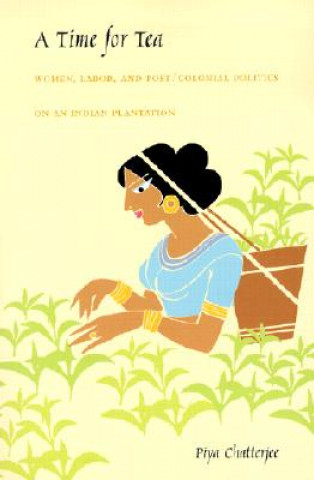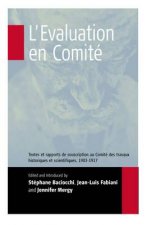
Consegna
Guida all'acquisto





Non ti piace? Non importa! Puoi restituircelo entro 30 giorni
 Buono sconto
Di qualsiasi valore
Buono sconto
Di qualsiasi valore
Non puoi sbagliarti con un buono regalo. Con il buono regalo, il destinatario può scegliere qualsiasi prodotto della nostra offerta.
Time for Tea
 Inglese
Inglese
 96 b
96 b
30 giorni per il reso
Potrebbe interessarti anche


In this ethnographic and historical critique of labour practices on an Indian plantation, Piya Chatterjee provides a sophisticated and creative examination of the production, consumption, and circulation of tea. A Time for Tea reveals how the female tea-pluckers seen in advertisements - picturesque women in mist-shrouded fields - came to symbolise the heart of colonialism in India. Chatterjee exposes how this image has distracted from terrible working conditions, horribly low wages, and coercive labour practices enforced by the patronage system. Allowing personal, scholarly, and artistic voices to speak in turn and in tandem, Chatterjee discusses the fetishisation of women who labour under colonial, postcolonial, and now neo-feudal conditions. In exploring the global and political dimensions of local practices of gendered labour, she reflects on the privileges and paradoxes of her own "decolonisation" as a third-world female anthropologist. In the end, the history of empire itself is traced through tea's journey in the British imagination from an exotic to a consolingly domestic commodity. Chatterjee concludes with an extended reflection on the politics of women labourers to examine the intermingling of gender, class, caste, and ethnicity with issues of hierarchy, difference, and power. A Time for Tea will appeal to anthropologists and historians, South Asianists, and those interested in colonialism, postcolonialism, labour studies, and comparative or international feminism.
Informazioni sul libro
 Inglese
Inglese
Categorie


 Contatto
Contatto Come acquistare
Come acquistare




























